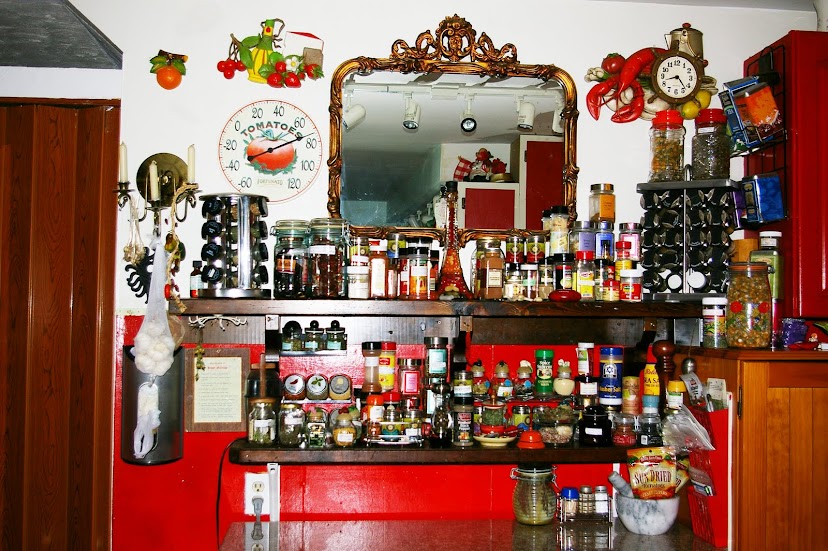Did you know there are a number of excellent anti-inflammatory herbs? The most important are:
In addition to herbs, you can also take dietary steps to reduce inflammation. The specific fats in your diet affect the way the body makes prostaglandins, a group of hormones that regulate inflammation. Some prostaglandins intensify the inflammatory response while others reduce it. To help your body reduce inflammation eliminate polyunsaturated vegetable oils, margarine, vegetable shortening, all partially hydrogenated (worst thing in the world for you) oils and all foods that contain trans-fatty acids (read food labels to check for the presence of these oils). Instead, use extra-virgin olive oil as your main fat and increase your intake of omega-3 fatty acids found in oily, cold-water fish, flaxseeds or oil, and walnuts.
If you have any questions, please feel free to ask! Thanks for looking! God Bless, Simone :)
Copyright@SimoneBonda
Disclaimer - The herbal information on this web site is intended for educational purposes only. It is not the intention of the editor to advise on health care. Please see a medical professional about any health concerns you have. Disclaimer - These statements have not been evaluated by the FDA. The information on this web site is not intended to prevent, diagnose, treat, or cure any disease. Tweet
- Turmeric (Curcuma longa): Turmeric accounts for the yellow color of curry and American mustard and has a distinctive sharp flavor. I recommend turmeric for all inflammatory disorders, including arthritis, tendonitis, and auto immune conditions. Take 400 to 600 milligrams of turmeric extracts (available in tablets or capsules) three times per day or as directed on the product label. Whole turmeric is more effective than isolated curcumin, its major constituent. Look for products standardized for 95% curcuminoids. Be patient: the full benefit takes two months to develop. Don't use turmeric if you have gallstones or bile duct dysfunction. Pregnant women shouldn't use it without their doctors' approval. In rare cases, extended use can cause stomach upset or heartburn.
- Ginger: Powdered dry ginger is an excellent anti-inflammatory. Take one to two capsules (500 to 1,000 mg) twice a day with food. As with turmeric, you won't get the full effect for two months.
- Boswellin: This is the extract of the herb Boswellia, used in Ayurvedic medicine and available in capsule form. It may be useful for generalized inflammatory conditions such as fibromyalgia. The dosage is two capsules twice a day unless the product label directs differently.
In addition to herbs, you can also take dietary steps to reduce inflammation. The specific fats in your diet affect the way the body makes prostaglandins, a group of hormones that regulate inflammation. Some prostaglandins intensify the inflammatory response while others reduce it. To help your body reduce inflammation eliminate polyunsaturated vegetable oils, margarine, vegetable shortening, all partially hydrogenated (worst thing in the world for you) oils and all foods that contain trans-fatty acids (read food labels to check for the presence of these oils). Instead, use extra-virgin olive oil as your main fat and increase your intake of omega-3 fatty acids found in oily, cold-water fish, flaxseeds or oil, and walnuts.
If you have any questions, please feel free to ask! Thanks for looking! God Bless, Simone :)
Copyright@SimoneBonda
Disclaimer - The herbal information on this web site is intended for educational purposes only. It is not the intention of the editor to advise on health care. Please see a medical professional about any health concerns you have. Disclaimer - These statements have not been evaluated by the FDA. The information on this web site is not intended to prevent, diagnose, treat, or cure any disease. Tweet

No comments:
Post a Comment